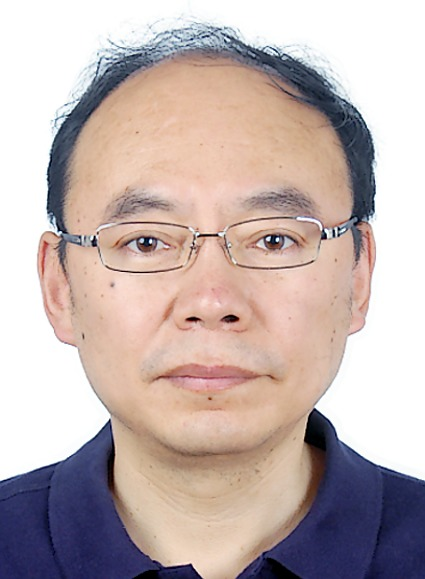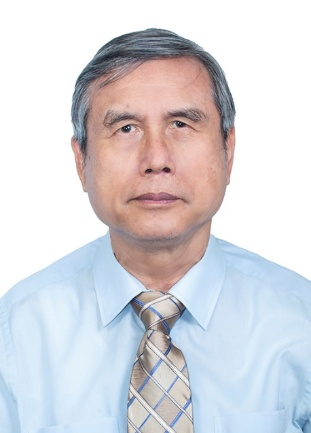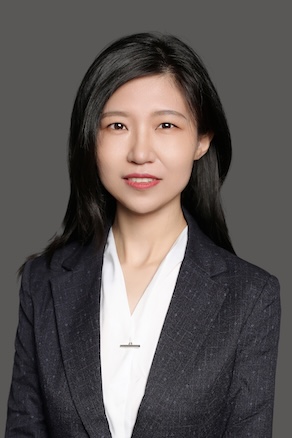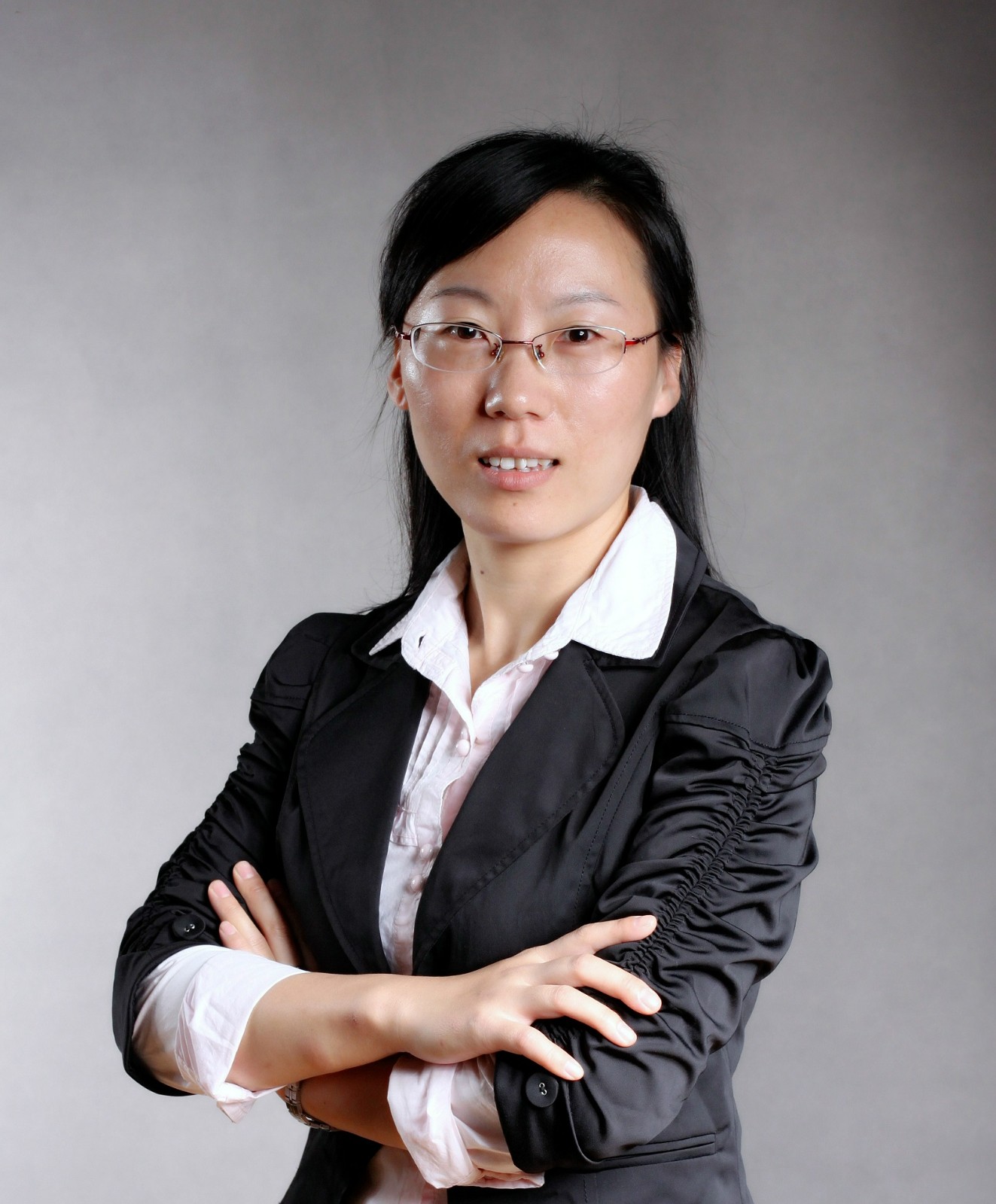| Prof. Jie YangShanghai Jiao Tong University (SJTU) Brief: Jie Yang received a bachelor’s degree in Automatic Control in Shanghai Jiao Tong University (SJTU), where a master’s degree in Pattern Recognition & Intelligent System was achieved three years later. In 1994, he received Ph.D. at Department of Computer Science, University of Hamburg, Germany. Now he is the Professor and Director of Institute of Image Processing and Pattern recognition in Shanghai Jiao Tong University. He is the principal investigator of more than 30 national and ministry scientific research projects in image processing, pattern recognition, data mining, and artificial intelligence. He has published six books,more than five hundreds of articles in national or international academic journals and conferences. Google citation over 27500,H-index 85. Up to now, he has supervised 5 postdoctoral, 46 doctors and 70 masters, awarded six research achievement prizes from ministry of Education, China and Shanghai municipality. He has owned 48 patents. Three Ph.D. dissertation he supervised was evaluated as “National Best Ph.D. Dissertation” in 2009, in 2017, in 2019. He has been chairman and keynote speaker of more than 10 international conferences. He is selected in the list of 2025 World Top 2% Career-long Impact Scientists issued by Stanford University and Elsevier. Speech Title: RESEARCHES ON THE DEFENSES AND OUT-OF-DISTRIBUTION DETECTION IN TRUSTWORTHY DEEP LEARNING Abstract: The rapid advancement of deep learning has had a transformative effect on the development of technology and society across a multitude of sectors. In safety-critical contexts, the potential for neural network models to produce unreliable outputs in response to “malicious” or “unanticipated” inputs poses a severe risk. This talk delves into the output reliability from neural network models within the domain of trustworthy deep learning. 1) inputs that involve pixel perturbations, exemplified by adversarial examples,w.r.t the task of adversarial and certified robustness; 2) inputs that represent distribution shifts, exemplified by Out-of-Distribution (OoD) data, w.r.t the task of out-of-distribution detection. We introduce a novel strategy of model augmentation, adopt a multi-head neural network structure, and pose diversity constraints related to adversarial robustness into the model parameters.We adopt a multi-head neural network structure, use the ensemble of multiple heads in place of the ensemble of multiple neural networks,which significantly reduces the computational load in both training and certification phases. We propose that the non-linearity in InD and OoD data hinders PCA from learning a subspace that fully embodies their diversities. We propose a mode ensemble method that not only enhances detection performance but also significantly reduces the performance variance among independent modes.We propose performing linear dimension reduction on the gradient using a designated subspace that comprises principal components. Papers about above topics have been published in TPAMI, IJCV, PR, NIPS in recent years. |
| Prof. Jon-Chao HongNational Taiwan Normal University (NTNU) Brief: Jon-Chao Hong is currently working as a research professor at National Taiwan Normal University (NTNU). As the director of Digital Game-based Learning Laboratory (GBL), he has developed more than 20 Apps for learning domain knowledge as well as thinking skill, such as “Collaborative game for developing imagination and thinking skills in science learning. Additionally, he leaded his team has also developed more than 10 IVR in skill development, such as fire escaping, earthquake escaping, Jazz drum, spatial ability development and so on. In addition, he has published a number of academic articles in international journals. In recent three years, he has more than 60 articles published on SSCI journals. He has received the Outstanding Research Prize from Ministry of Science and Technology in Taiwan. In 2022, 2023 and 2024, he was ranked as the top 2% scientists rated by Sandford University, and in 2024 he was also ranked in the top 0.5% of all scholars worldwide in Education by ScholarGPS. In the academic communities, he is the Chief-in-editor of International Journal of Information and Education Technology. He is also the Chairperson of International Exhibition for Young Inventors, and the Chief Executor of iSTEAM-PowerTech contest. Speech Title: AI scaffolds students’ thinking to enrich knowledge and creativity Abstract: To avoid “digital dementia” from overreliance on AI and “The ability to prompt questions is the most important skill in the world of AI.” Jensen Huang said so, but how to prompt questions is another critical issue to most students. We set AI camp for elementary students to apply 5W1H and SCAMPER to interact different learning subjects, such as nature science, poetry creation, dance creation, knowledge building. In line with this scaffolding, academic literacy can be enriched and creative potential can be unlocked. Moreover, using AI to brainstorm, evaluate, and design, enhancing creative abilities. Briefly, a three-day camp blending STEAM, and language learning by leading students to prompt, explore, create, and express their thoughts, building essential future skills in the AI age. |
| Prof. Ying FuBeijing Institute of Technology Brief: Ying Fu is a Professor with the School of Computer Science and Technology, Beijing Institute of Technology. Her research interests include computer vision, computational photography, and image/video processing. Over the past five years, she has published over 50 papers in top journals and conferences and holds more than 30 granted patents. She has received the ICML Outstanding Paper Award, the PRCV Best Paper Award. Speech Title: Raw Image Enhancement and Application Abstract: For a long time, computer vision research has focused on RGB images processed by ISP. While convenient for viewing, storage, and transmission, these images suffer from irreversible degradation during ISP processing, such as blurring and quantization, limiting their effectiveness in challenging lighting conditions. RAW images, captured directly by sensors without degradation, offer lossless data and linear response. Recently, researchers have increasingly used RAW data for image quality enhancement in extreme lighting conditions. This report explores these scenarios and the advantages of RAW data for high-quality image enhancement, as well as the application of RAW images for challenging lighting conditions. |
| Assoc. Prof. Muhua ZhangCapital Normal UniversityBrief: Zhang Muhua is an Associate Professor and Master's Supervisor at the College of Elementary Education, Capital Normal University. She holds a Ph.D. in Educational Technology from Zhejiang University and completed her postdoctoral research at the National Engineering Research Center for Internet Education of Intelligent Technology and Applications at Beijing Normal University. She was also a Visiting Scholar at the Centre for Learning Sciences and Technologies, The Chinese University of Hong Kong. Her research focuses on Immersive Learning, Technology-Enhanced Learning, Computer-Supported Collaborative Learning (CSCL), and Learning Analytics. Speech Title: TBC Abstract: TBC |




